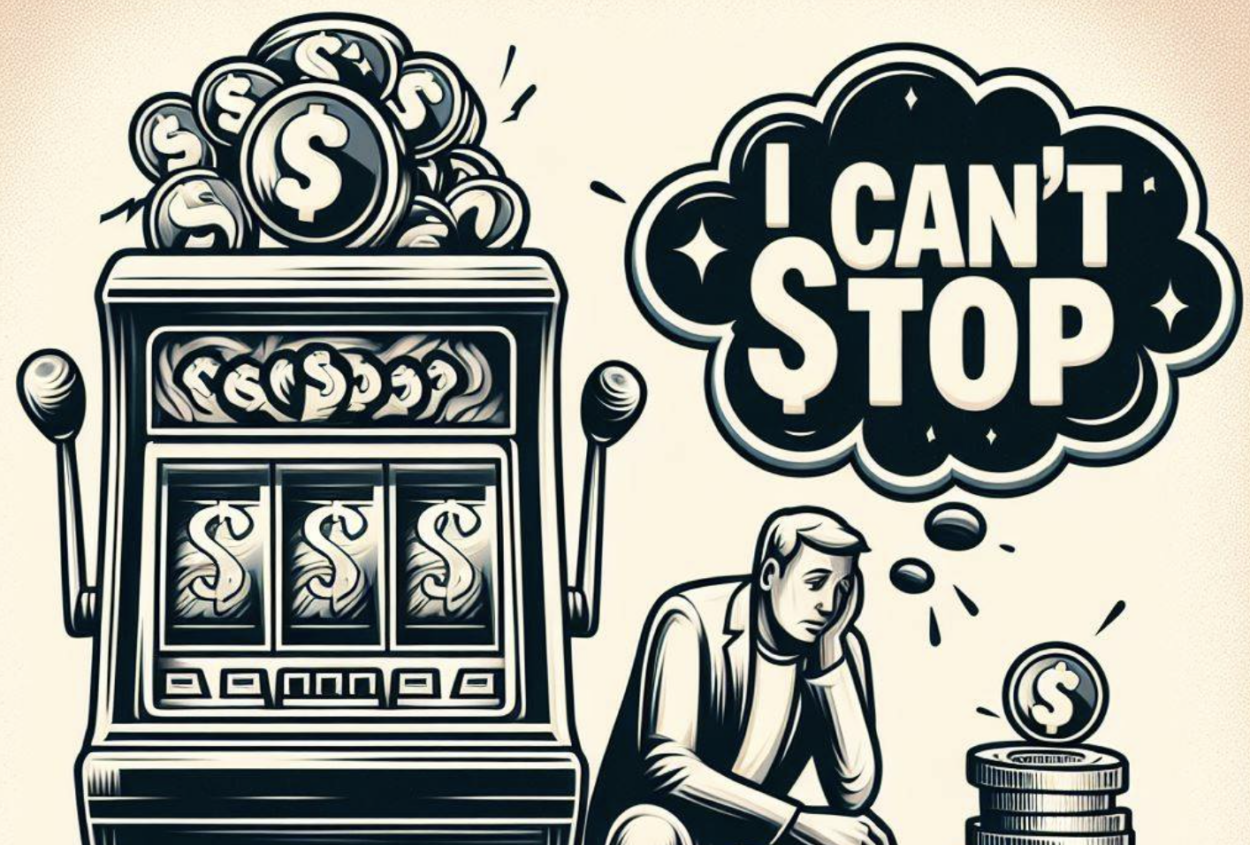Problem gambling, often referred to as gambling addiction or compulsive gambling, is a serious condition that can have devastating effects on an individual’s personal, professional, and financial life. Recognizing the signs of problem gambling is crucial for early intervention and recovery. This article provides an overview of the key indicators of problem gambling and outlines the steps individuals can take to seek help and support.
Understanding Problem Gambling
Problem gambling is characterized by an uncontrollable urge to gamble, despite the negative consequences it may have on one’s life. It can lead to significant distress, affecting mental health, relationships, and financial stability. Problem gambling is persistent and often escalates over time.
Recognizing the Signs
The signs of problem gambling can manifest differently among individuals, yet certain patterns are commonly observed. Recognizing these signs is crucial for timely intervention and support. If you or someone you know is exhibiting these behaviors, it’s important to seek professional help to address the problem gambling and work towards recovery.
- Preoccupation with Gambling
Individuals struggling with problem gambling often find themselves consumed by thoughts related to the activity. They may spend an inordinate amount of time reminiscing about past gambling experiences, strategizing their next gambling session, or devising ways to obtain more funds for gambling. This constant preoccupation can overshadow other interests and responsibilities, leading to a one-dimensional focus centered around gambling.
- Loss of Control
A hallmark of problem gambling is the diminished ability to regulate gambling behavior. Individuals may have sincere intentions to stop or limit their gambling activities but find themselves repeatedly unable to adhere to their self-imposed boundaries. This loss of control is often a source of distress and a clear indicator that gambling has transitioned to a compulsive behavior.
- Escalation of Gambling Behavior
Over time, the individual may develop a tolerance to the thrill associated with gambling, akin to substance dependencies. This can result in the need to engage in increasingly risky gambling behavior or to bet larger sums of money to experience the desired level of excitement or euphoria. This escalation not only intensifies the risk of substantial financial losses but also amplifies the potential for other negative consequences.
- Chasing Losses
Problem gamblers often become trapped in a cycle of trying to recoup their losses by continuing to gamble, believing that the next win is just around the corner. This behavior can lead to a perilous cycle, where losses accumulate, and the individual feels compelled to continue gambling in a desperate attempt to recover their funds, often leading to even greater financial detriment.
- Neglecting Responsibilities
As gambling becomes more predominant, it can start to infringe upon and eventually overshadow the individual’s responsibilities and commitments. This might manifest as decreased performance or attendance at work, neglect of household duties, or failure to meet familial obligations. The gambler’s life may become increasingly disordered as gambling takes precedence over other aspects of life.
- Financial Distress
One of the most tangible signs of problem gambling is the financial strain it introduces. Individuals may find themselves in debt, struggling to pay bills, or resorting to borrowing money or selling assets to finance their gambling. This financial distress can lead to a host of other issues, including legal problems, loss of property, and significant stress on family finances.
- Emotional Effects
The emotional impact of problem gambling is profound, with individuals often experiencing a wide range of negative emotions. Anxiety, depression, and irritability are common, stemming from the stress of financial losses, the guilt associated with their inability to stop gambling, and the overall negative impact on their life.
- Impact on Relationships
Problem gambling can significantly strain relationships with family and friends. Trust may be eroded due to deceit or financial irregularities, conflicts may arise due to neglected responsibilities, and the overall emotional toll can lead to withdrawal or isolation. In severe cases, relationships may be irreparably damaged, leading to separation or divorce.
Getting Help
Admitting to having a problem with gambling is the first and often the most challenging step toward recovery. Once this step is taken, various forms of help and support are available.
| Professional Counseling | Therapists specializing in addiction can provide strategies and support for dealing with gambling problems. Cognitive Behavioral Therapy (CBT) is particularly effective in addressing the thought patterns associated with problem gambling. |
| Support Groups | Groups like Gamblers Anonymous offer a supportive community of individuals who share similar experiences and challenges. These groups provide a platform for sharing, understanding, and mutual support. |
| Financial Advice | Financial counselors can offer guidance on managing debt, budgeting, and addressing the financial issues caused by gambling. |
| Self-help Strategies | Setting strict financial limits, finding alternative activities, and using self-exclusion programs from gambling venues or websites can help control gambling urges. |
| Family and Friend Support | The support of loved ones is crucial in the recovery process. Open communication and understanding can provide the necessary encouragement and motivation to overcome problem gambling. |
Problem gambling is a serious condition, but recognizing the signs and seeking help can pave the way for recovery and a return to a balanced life. It requires courage, commitment, and the willingness to seek support from professionals, peers, and loved ones. With the right approach and resources, overcoming problem gambling is possible, allowing individuals to rebuild their lives.



Leave a Comment